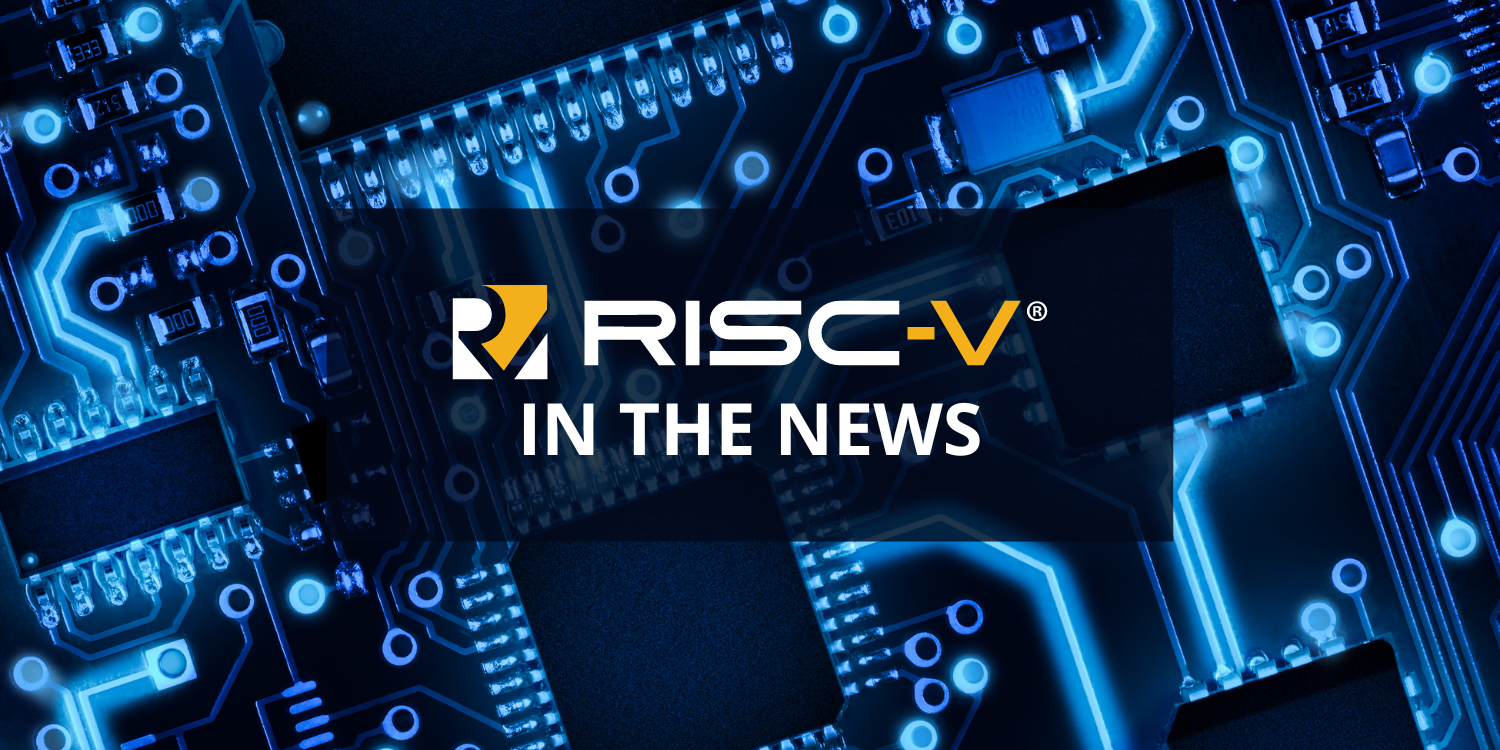
The rise of Artificial Intelligence (AI) and Machine Learning (ML) has rapidly impacted today’s global economy, influencing everything from healthcare to autonomous systems. As of 2023, 55% of organizations used AI in at least one business unit or function, compared to only 20% in 2017 [1].
As it permeates more of our economies and daily lives, AI extends beyond the technical. Every country around the world needs to work out their strategy to unlock the potential of AI to solve local problems, while also being able to access the possibilities of a worldwide market. Now, as nations rush to harness the power of AI, it has become clear that the development of robust, performant, and efficient AI/ML computing resources is a global necessity.